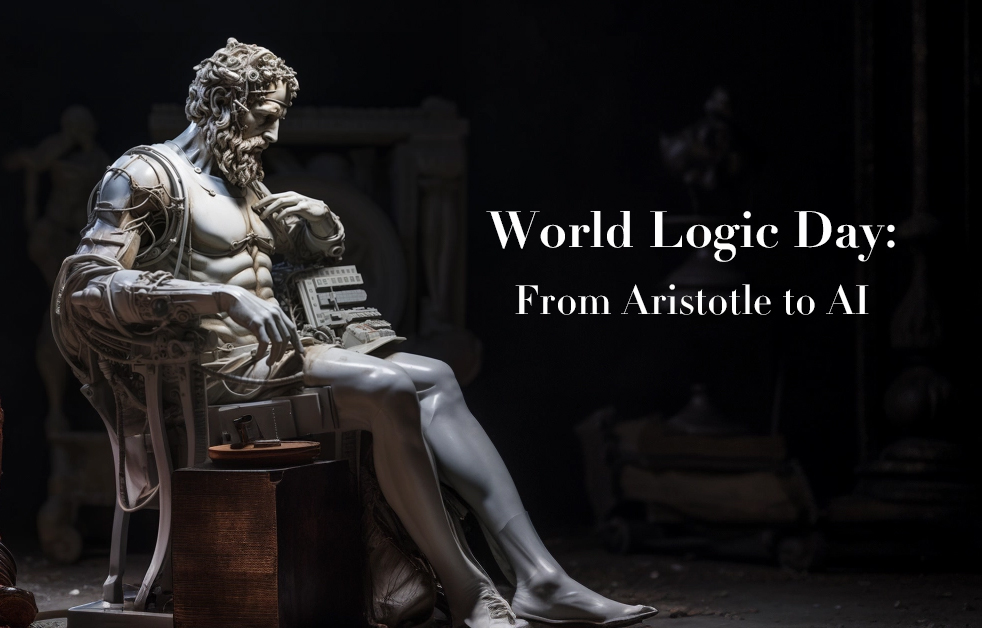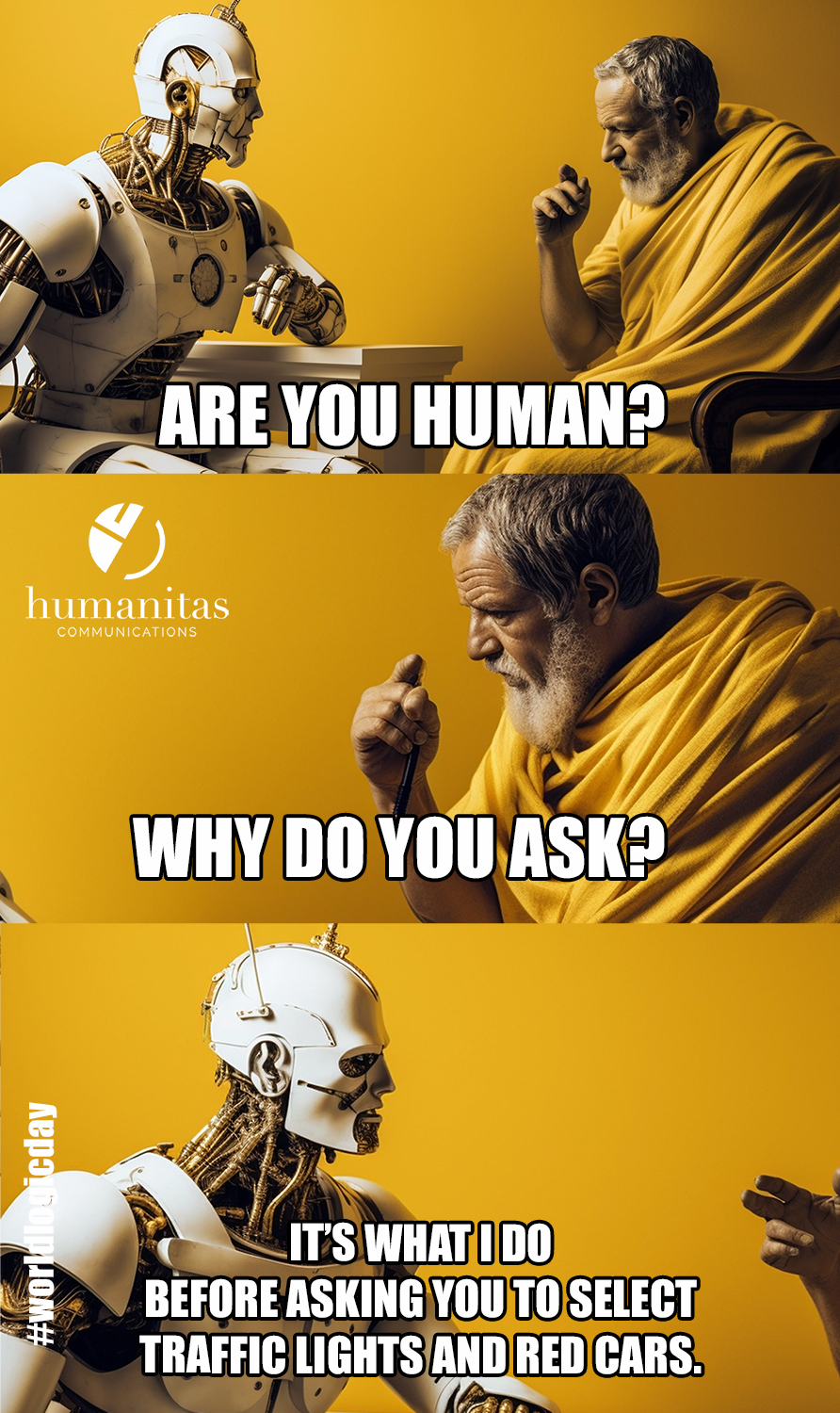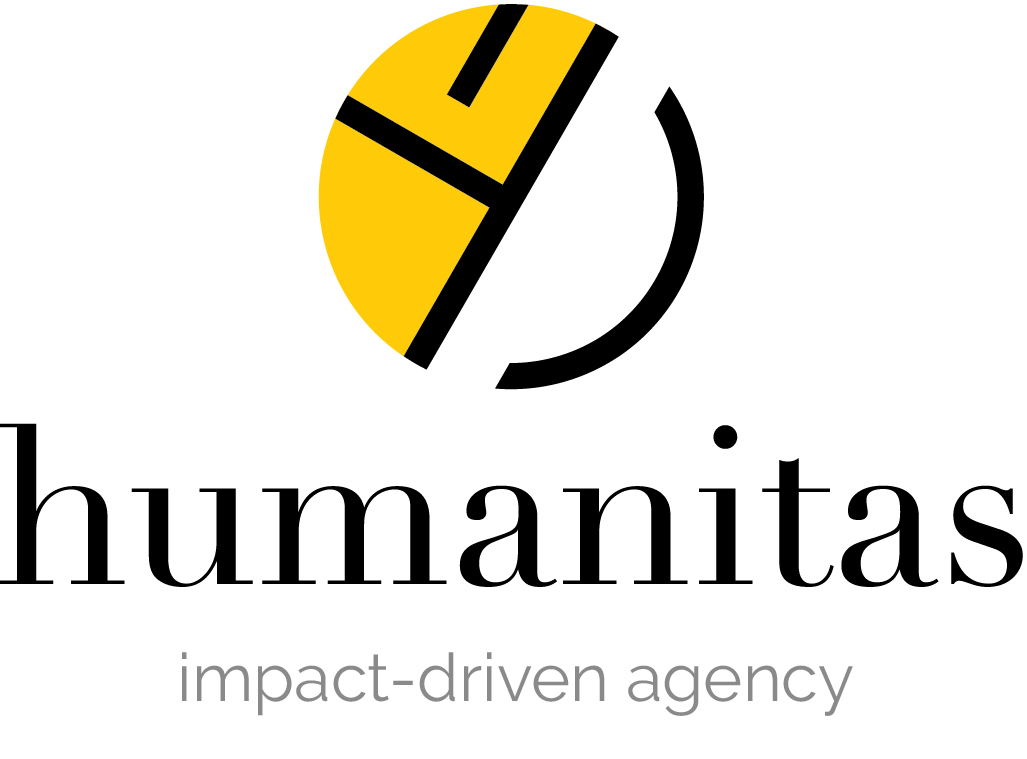World Logic Day: From Aristotle to AI

World Logic Day is celebrated on January 14th each year. It was established by the United Nations Educational, Scientific and Cultural Organization (UNESCO) and the International Council for Philosophy and Human Sciences (CIPSH) to promote the importance of logic in advancing knowledge, understanding, and critical thinking.
Ancient History Celebrated Today
Aristotle, the ancient Greek philosopher, is often considered one of the founding figures in the history of logic. His work “Organon” is a collection of writings on logic, where he laid the foundation for the study of deductive reasoning and formal logic. Aristotle introduced key concepts such as syllogism, which is a form of reasoning where conclusions are drawn from two given or assumed propositions (premises). His logical framework greatly influenced Western philosophy and remained a central part of the study of logic for centuries.
On World Logic Day, Aristotle’s contributions to logic are often acknowledged, and the day serves as an opportunity to celebrate and promote the importance of logical reasoning in various fields, including philosophy, mathematics, computer science, and more. It also encourages discussions on the role of logic in addressing contemporary challenges and promoting critical thinking in society.
Artificial Intelligence and Ethics
In the beginning of this decade, and especially in the current context, the significance of logic is crucial for our societies and economies. The foundation of computer science and digital technology, which shape our present lifestyles, is grounded in logical and algorithmic reasoning.
An active and worldwide yearly observance of World Logic Day seeks to encourage global collaboration, advance the growth of logic in research and education, support the initiatives of logic-related associations, universities, and other institutions, and improve public awareness of logic and its significance for science, technology, and innovation. Moreover, the commemoration of World Logic Day can play a role in fostering a culture of peace, dialogue, and mutual understanding, grounded in the progress of education and science.
“In no other field is the ethical compass more relevant than in artificial intelligence. These general-purpose technologies are re-shaping the way we work, interact, and live. The world is set to change at a pace not seen since the deployment of the printing press six centuries ago. AI technology brings major benefits in many areas, but without the ethical guardrails, it risks reproducing real-world biases and discrimination, fueling divisions and threatening fundamental human rights and freedoms.” –Gabriela Ramos, Assistant Director-General for Social and Human Sciences of UNESCO
UNESCO produced the first-ever global standard on AI ethics – the ‘Recommendation on the Ethics of Artificial Intelligence’ in November 2021. This framework was adopted by all 193 Member States.
What if Aristotle and AI were to have a conversation?

